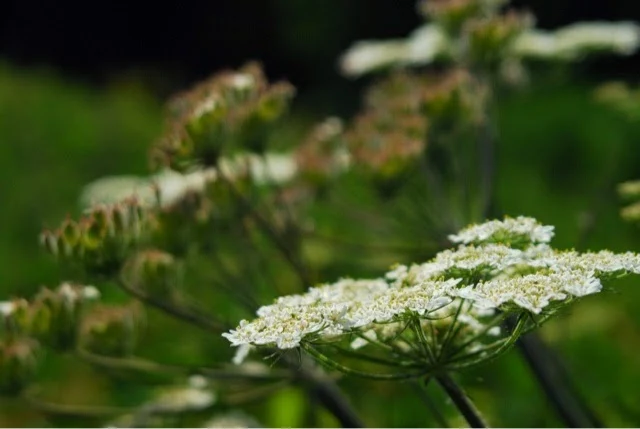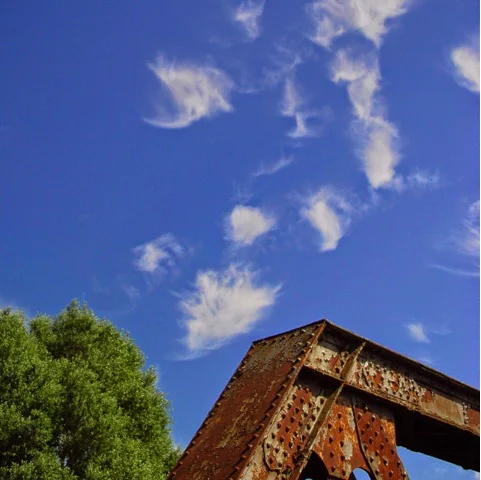Gotta travel on…
Removing his eyeglasses momentarily, and taking out the Badger’s old, almost transparent, red cotton handkerchief to wipe away both his tears and the resulting mist on his dark lenses, the Mole, heavy-hearted with an absence of everything that was important – to him, to his now small life (“Selfish? Me?” he exclaimed, abruptly); but, he also knew, to the wider, past world of river-bankers – grasped, like a bolt out of the brightening sky, why the Rat had so needed to leave.
“Why! What is a water rat without water! Not just the SIGHT of it – the sun twinkling, cheekily, as it ripples and splashes – nor the SOUND of it – the ‘plop’, as Ratty tumbles from his hole for a swim – not just the FEEL of it – for me, a drenching; for Ratty, floating and bobbing like the confident cork that he is – or the TASTE – so fresh, so cool, on a fine summer’s afternoon….” His voice, at first crescendoing with vigour and remembered contentment, suddenly faded to a muted susurration: as if the Mole had run out of words, as well as of steam, as well as of happiness itself. “No,” he intimated – if only to the gentle, ebbing breeze – “a water rat must always be able to SMELL the water; sense it with every breath, whether awake or asleep. It must scent the atmosphere; tug at your very whiskers; pull at your heartstrings. Wherever he went, Ratty was always drawn back to the river; always knew how far away it was with just one simple sniff. No river; no Ratty. What IS a water rat without water…?”
As his trembling voice whispered to the emptiness he felt so deeply, the thumping resumed without warning: shaking the ground the Mole stood on; and harshly pulling him back from his nostalgia.
“Nothing!” he yelled, remonstrating with the continuing disturbance: shaking his kerchief wildly – not in capitulation, but in challenge. “A water rat is NOTHING without water. And NOTHING is what you shall become, too: you, you, you….” Again, his words paled; his exasperation – both at this desecration and its rude habit of interrupting his thoughts – overcoming his ability to deliberate. And, just as the right words came to him; just as he bellowed them for anyone, for anything, to hear – as he summoned all his strength and rage – at that very moment, another pounding of the earth drowned out his voice; beating in time to the roar of blood in the Mole’s sensitive ears, more insistent even than before: “You MONSTER, you WRECKER, you TRAITOR, you DEVIL, you DESPOILER, you TRESPASSER… you FIEND…!”
For a second, his oath hung in the still air: a warning not to mess with THIS mole. Not the goodnatured, simple Mole who tickled the toes, and gently rocked the cradles of baby mice; who told fond stories that eased them off to sleep – but (and he grew visibly taller and stronger, as he remembered the belt of cutlass, sword, pair of pistols, and his favourite truncheon, strapped to the place where his waist had been…) the Mole Who Humbled Stoats and Weasels at the Great Battle of Toad Hall. MIGHTY MOLE was back; and, again, he would not be vanquished. Onion-sauce to their plans! Clever Mole had plans of his own, thank you very much. All he needed, now, was some help.










